Novelist Paul Levine has some writing tips. Why is “write what you know” bad advice? What does Stephen King say about rewriting? How does Paul find so much humor in court? And why does he pay homage to John D. MacDonald?
Q: Paul, you frequently speak to aspiring authors. Any writing tips you want to share?
A: Read! If you’re still in school, study history and literature and the social sciences. Everyone should read newspaper every day. Not just blogs and social media. And read both fiction and non-fiction.
Q: And when you’re ready to write?
A: Put your butt in the chair and keep it there. Write! Don’t dream about writing. Don’t talk about writing. Just write.
Q: Do you do a lot of re-writing or are you a first draft kind of guy?
A: Someone said all writing is rewriting. I do at least a dozen drafts. Sometimes way more.
Q: Do you recommend any books with writing tips?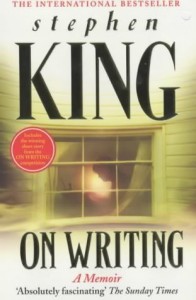
A: Stephen King’s “On Writing.” King says your first draft is where you tell yourself the story. Then, when you rewrite, you take out all the junk that doesn’t belong in the story. Good advice.
Q: You write legal thrillers, but your lawyer-protagonists, Steve Solomon and Victoria Lord in one series, Jake Lassiter in another, don’t spend that much time in court. Why is that?
A: Where would you rather be, in a stuffy courtroom, or on a beach in Key West?
Q: Which brings us to “The Deep Blue Alibi.” In the opening scene, a yacht crashes onto a beach, one man has a spear in his chest, the other is a shady real estate developer. Solomon and Lord have a tough murder trial to defend, but they seem to argue as much with each other as with the prosecutor.
A: I used to be a trial lawyer. My wife, Marcia Silvers, is a criminal defense lawyer, and we frequently banter about cases. Hopefully, the scenes I write are as funny as the ones I live.
Q: Is it true that you based “Bum Rap,” your most recent novel, on a criminal case your wife handled?
A: Yes, the Miami Beach bar girls trial. Marcia keeps asking for royalties.
Q: So Solomon and Lord are Paul and Marcia, not Tracy and Hepburn?
A: It’s a classic genre. Shakespeare’s “Taming of the Shrew.” Cole Porter’s “Kiss Me Kate.” Hammett’s “The Thin Man.” TV’s “Moonlighting.” Two people love each other, but they also love to argue.
Q: Harlan Coben described your books as: “Carl Hiaasen meets John Grisham in the court of last retort.” Fair assessment?
A: I’ve long said Harlan is a genius. Yes, I bring humor to the legal system because I see so much that’s absolutely nutty there.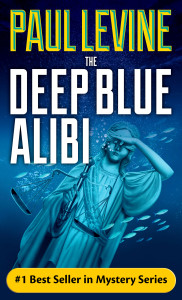
Q: In “The Deep Blue Alibi,” there’s a chapter at a Florida nudist resort. Is it fair to ask how you researched the scene?
A: Like Tom Cruise, I do my own stunts.
Q: Is the title of the book an homage John D. MacDonald’s “The Deep Blue Good-By?”
A: “Homage?” That’s French for “cheese”, isn’t it?
Q: Now, you’re being facetious.
A: That’s what they pay me for. “The Deep Blue Good-By” was the first of MacDonald’s Travis McGee series. His writing deeply influenced me. You want more writing tips for thrillers? Read JDM’s “The End of the Night.”
Q: You and MacDonald are both Florida writers. Did you ever meet?
A: He passed away four years before my first novel, “To Speak for the Dead,” was published in 1990. But one of my first fan letters was from Maynard MacDonald, John’s son. 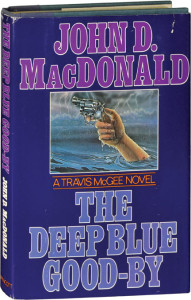
Q: Why do the judges in your books all seem a little wacky and the lawyers crooked, or at least somewhat flexible in their ethics?
A: Even though the “Jake Lassiter” series and “Solomon vs. Lord” series are fiction, real events and real people inspire the work. I practiced law in front of curmudgeonly judges, and I knew lawyers who could shake your hand and pick your pocket at the same time.
Q: You wrote 20 episodes of the CBS show “JAG.” and co-created the Supreme Court show “First Monday.” Any writing tips when working for television or features?
A: The great difficulty in writing for network television is the time constraint. Forty-three minutes to tell a main story and a B-story. You have to “write tight” and use the visual aspect of the medium.
Q: Any writing tips for those who want to break into Hollywood?
A: Marry a blood relative of Les Moonves or J.J. Abrams.
Q: Lacking that, when aspiring screenwriters sit down at the computer, what should they be writing?
A: Ransom notes, maybe. Look, it’s really hard to break into the business. Some people suggest writing a spec script. Be advised, though, how difficult it is to sell a script. Long ago, Elmore Leonard said, “Writing a script and sending it to Hollywood is like drawing a picture of a car and sending it to Detroit.”
Q: Any final writing tips?
A: Some people say to “write what you know.” But what you know is probably boring. You can always research something new. You can always travel to a new place. My advice is to “write what you love.” Because if you don’t love it, no one else will.
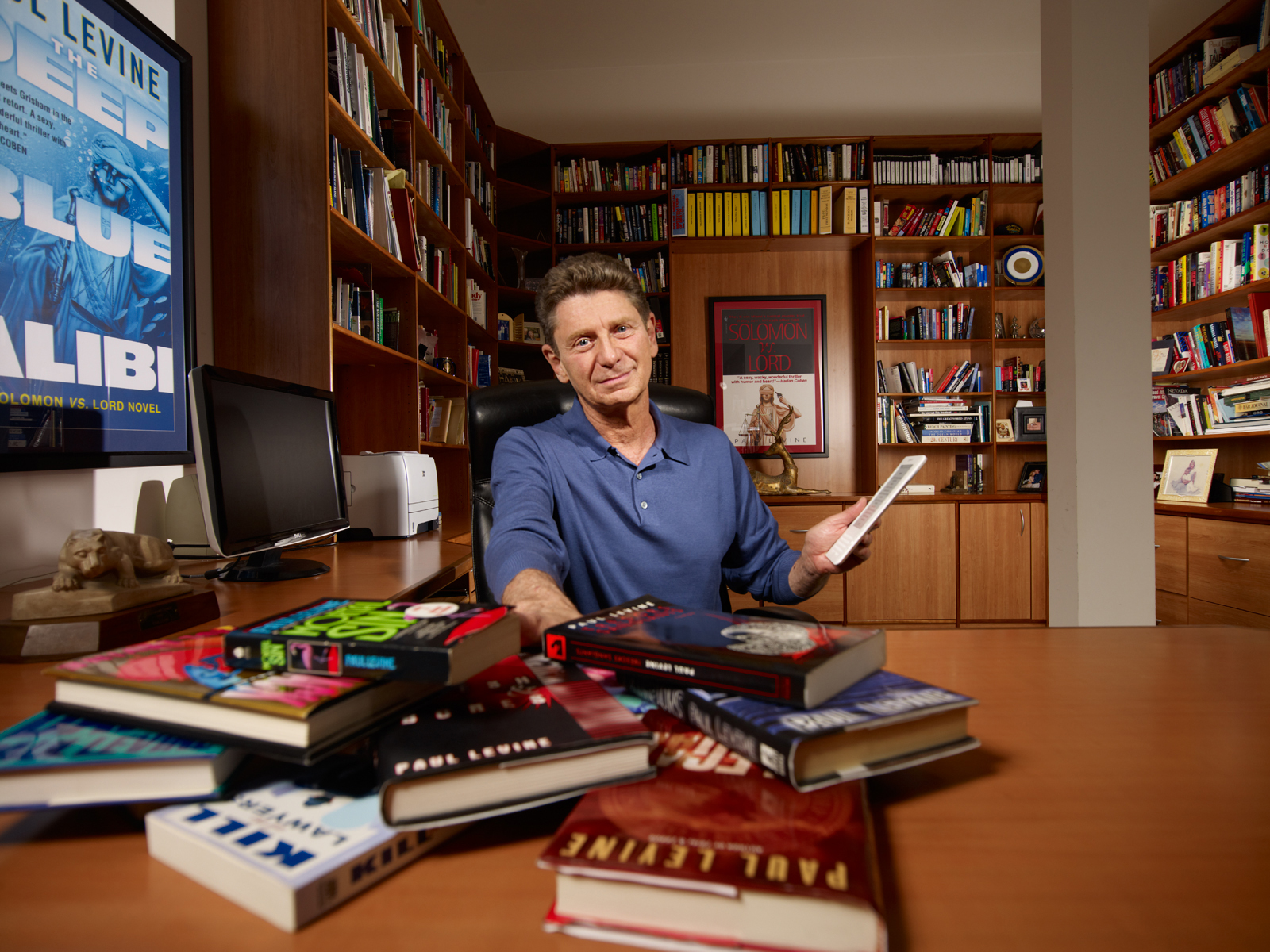

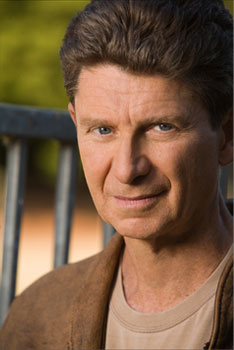
Howdy Paul, you mentioned King’s On Writing. My suggestion would be a good writer’s manual like A Pocket Style Manual by Diana Hacker. Of course you’d think that might be automatics…it’s not.
Good suggestion, Dennis!
Typo damn, I meant automatic!